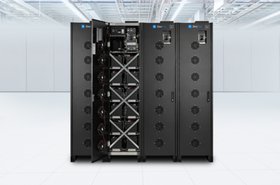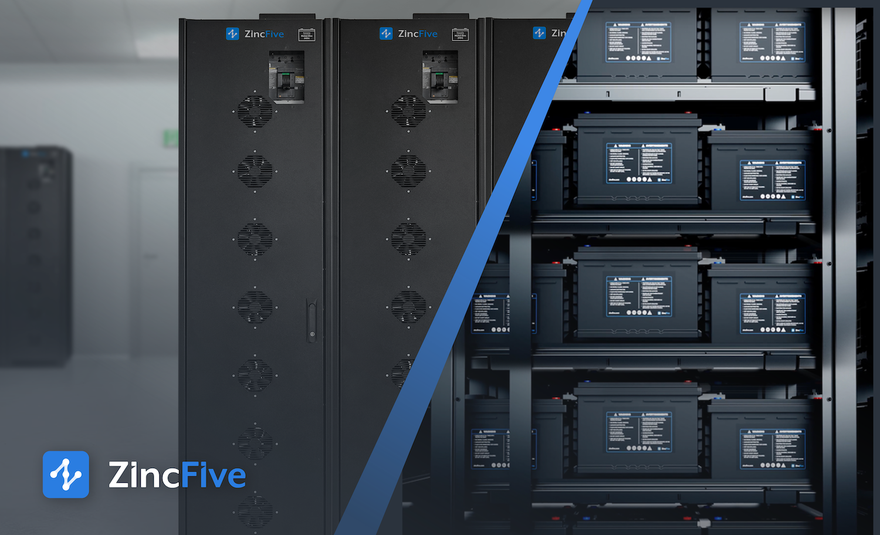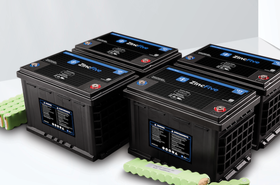Safety in data centers goes beyond the immediate concerns of uptime and data protection; it encompasses aspects such as potential fire hazards, risk of equipment damage, and environmental harm caused by toxic leaks.
Data centers’ uninterruptible power supply (UPS) systems play a crucial role in ensuring reliable backup power – and some battery chemistries are safer than others.
The choice of battery chemistry not only impacts these critical systems’ efficiency and longevity, but also plays a significant role in defining their safety profile.
In this search for reliable and safe energy storage, different battery chemistries present different trade-offs. For instance, many data center operators have traditionally leaned towards lead-acid batteries for their familiarity and known safety risks.
For most of the industry’s history, lead-acid chemistries have been the only choice. Lithium-ion batteries have recently become more widely adopted in the industry, but there is concern over thermal runaway, in which battery heat can build up faster than it can be dissipated.
NFPA standards and fire codes are outlining clear mitigation steps, including lithium battery placement restrictions as well as the installation of additional fire prevention, ventilation and explosion control equipment. These requirements can motivate some data center operators to remain with their traditional lead-acid battery choice.
However, lead-acid batteries have other drawbacks: higher maintenance needs, lower efficiency, a shorter lifetime, and less reliability than newer storage battery chemistries. Moreover, they pose safety risks of their own: potential for swelling, cracks, venting due to overheating, and potential electrolyte leakage.
Fortunately, newer chemistries are breaking this dilemma: they offer both greater safety and the convenience of a drop-in replacement for lead-acid, without the need for expensive retrofits and additional safety-related equipment.
One alternative, nickel-zinc (NiZn) batteries, are made of abundant materials and do not go into thermal runaway. This safety advantage reduces site risk, which addresses potential insurance concerns and eases the approval process by Authorities Having Jurisdiction (AHJ).
As a result, NiZn batteries don’t need the safety equipment for greenfield or retrofits required for lithium-ion batteries. Instead, they are a convenient drop-in replacement for lead-acid batteries in data centers.
Nickel-zinc batteries’ benefits extend beyond safety too, they offer higher power density than lead-acid and lithium batteries, packing more power into a smaller footprint that saves data centers valuable space. They’re also more reliable, longer lived, and more sustainable than other chemistries, which makes NiZn batteries an excellent fit for data center UPS systems.
Ensuring data center safety is crucial to protect valuable data and infrastructure. Nickel-zinc batteries are a compelling alternative to address many of the safety concerns associated with traditional battery types, promising superior safety profiles and a straightforward installation along with greater efficiency, sustainability, reliability, and longevity. They’re a solid option for operators to pave the way for a safer future in data center energy storage.
More from ZincFive
-

Sponsored Making the most of your modular data center power system
Maximizing the potential of your prefabricated modular data center
-

Sponsored Data centers are the engine of sustainability
The lessons learned leading us to a more sustainable future
-

ZincFive announces new generation of its nickel-zinc battery cabinet
BC 2 is more compact than BC 1



